How Much Does a Horse Cost?
Updated on 05/26/24
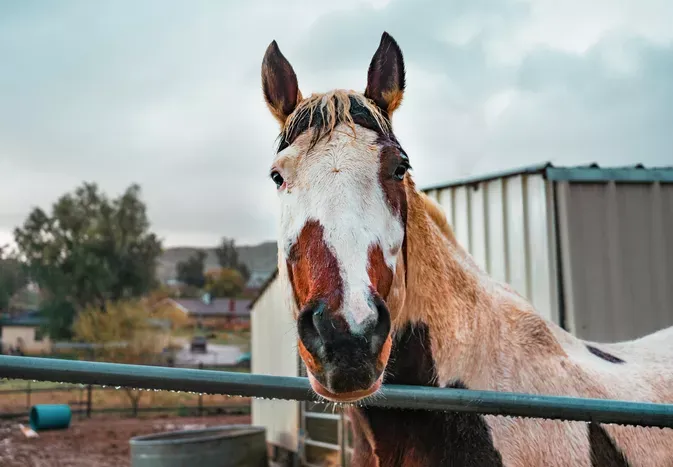
Unlocking the Enigmatic World of Horse Ownership: A Comprehensive Guide to Costs
The allure of horses has captivated hearts for centuries, their majestic presence evoking both wonder and desire. As an aspiring equestrian, navigating the financial implications of horse ownership is paramount. Embark on this exhaustive guide as we delve into the intricate web of equine expenses, empowering you with the knowledge to make informed decisions.
Initial Acquisition: A Considerable Investment
The initial purchase of a horse represents a significant financial outlay. Depending on breed, age, training level, and pedigree, horse prices can vary widely, ranging from a few thousand dollars to hundreds of thousands of dollars.
* Breed: Draft horses, such as Clydesdales and Percherons, are typically priced lower than thoroughbreds or warmbloods.
* Age: Younger horses generally cost more than older horses, as they require more training and care.
* Training Level: Horses that have received specialized training, such as dressage or jumping, command a higher price tag.
* Pedigree: Horses with a lineage of successful competition or breeding stock are often more expensive.
Ongoing Expenses: A Continuous Commitment
Once you have acquired your equine companion, a plethora of ongoing expenses await. These include:
* Boarding: If you lack the facilities to keep your horse at home, boarding is an essential expense. Full-care boarding, which includes feeding, turnout, and basic veterinary care, typically costs between $300 and $800 per month.
* Feed and Hay: Horses require a balanced diet of hay, grain, and supplements. Depending on the size and activity level of your horse, monthly feed costs can range from $100 to $300.
* Veterinary Care: Regular veterinary checkups, vaccinations, and parasite control are crucial for maintaining your horse's health. These expenses can vary based on your horse's age and any specific medical conditions.
* Farrier Services: Regular hoof care is essential for your horse's well-being. Trimming, shoeing, and corrective farriery can cost between $50 and $150 per visit.
* Training: If you plan to train your horse for a specific discipline, such as riding lessons or competition, professional training fees can range from $50 to $100 per hour.
Additional Costs to Consider:
In addition to the essential expenses, several other costs should be factored into your budget:
* Insurance: Equine insurance protects your horse against unexpected injuries, illnesses, or theft. Premiums vary based on the coverage you choose.
* Equipment: Saddles, bridles, grooming equipment, and other horse-related gear can add up quickly.
* Transportation: If you need to transport your horse to shows or events, trailer rental or professional transport services can incur additional expenses.
* Time and Effort: Horse ownership requires a significant investment of your time and effort. Grooming, exercise, and daily care tasks are essential responsibilities.
Estimated Total Costs: A Budgetary Outlook
While the exact costs of horse ownership vary depending on individual factors, here is an estimated breakdown:
* Initial Acquisition: $5,000 to $50,000
* Monthly Expenses: $500 to $1,500
* Annual Expenses: $6,000 to $18,000
Tips for Managing Costs:
* Consider Leasing: Leasing a horse can be a more affordable option than purchasing, especially for individuals who are not ready for full ownership.
* Look for Discounts: Many horse-related services offer discounts for multiple purchases or long-term contracts.
* DIY Grooming: Grooming your horse yourself can save you money on professional grooming services.
* Buy Used Equipment: High-quality used equipment can often be found at a fraction of the cost of new items.
* Shop Around: Compare prices from different veterinarians, farriers, and feed suppliers to find the best deals.
Conclusion:
Unveiling the true cost of horse ownership requires a comprehensive understanding of both initial and ongoing expenses. While the financial commitment is substantial, the rewards of equine companionship and the boundless joy of riding can be immeasurable. By planning carefully and managing costs effectively, you can embark on the captivating journey of horse ownership with confidence.
Explore More Pets
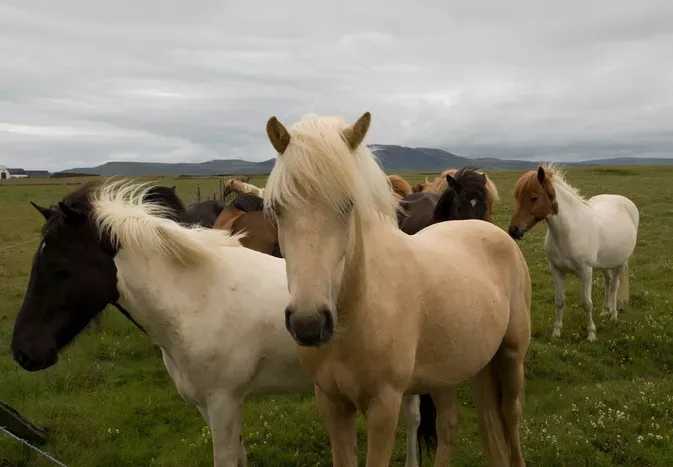
Pony Breeds
The Difference Between Horses and Ponies
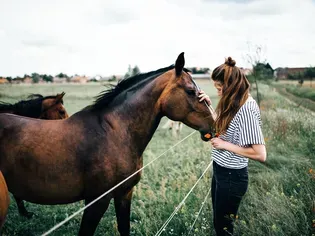
Horse Diseases & Conditions
What Do I Do If My Horse Colics?
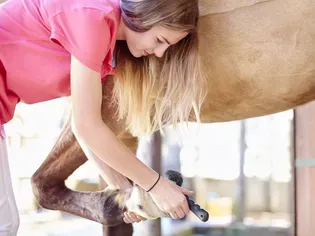
Pony Breeds
Horse and Pony Care by the Day, Week, Month and Year
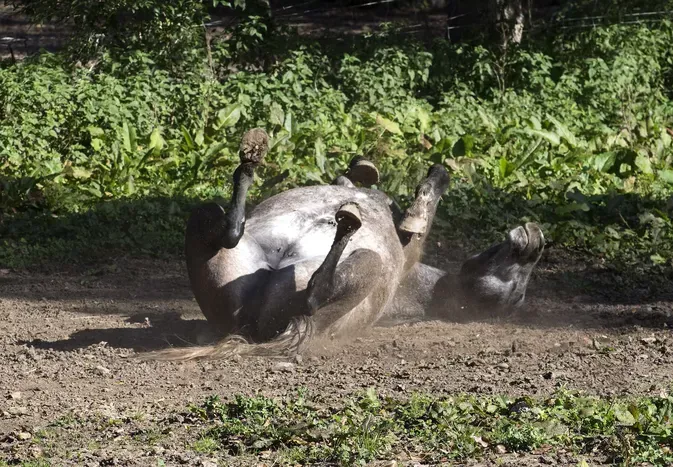
Horse Grooming
Mange in Horses
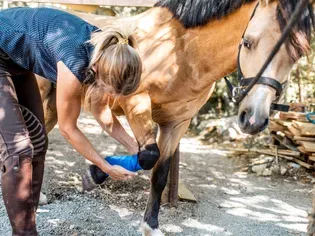
Horse Diseases & Conditions
Grease Heel in Horses
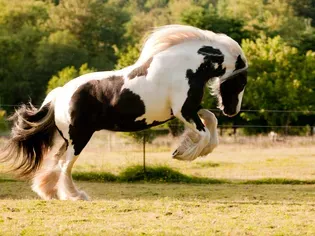
Light Horse Breeds
Gypsy Vanner Horse Breed Profile
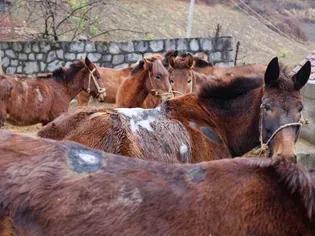
Horse Diseases & Conditions
Girth Galls and Saddle Sores
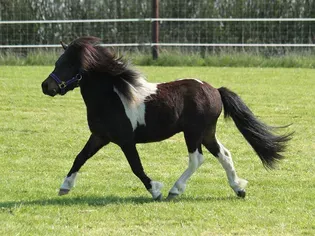
Pony Breeds
Shetland Pony Breed Profile
